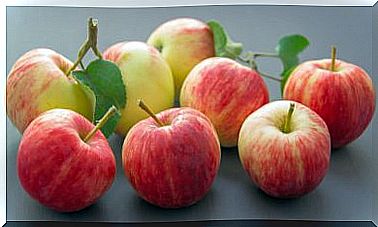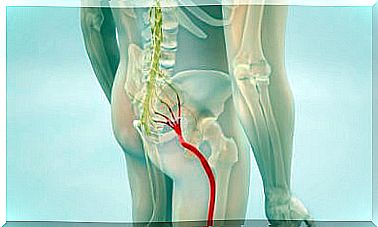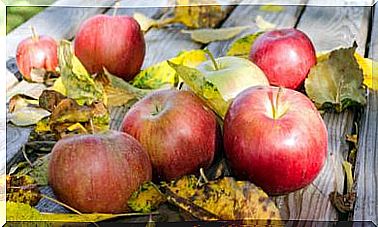Losing Weight With Legumes Is Possible: Find Out!
By eating legumes, you can lose weight. Far from what many people think, this type of food does not make us fat. In addition, they hardly contain fat and provide us with as much protein as a serving of meat. As a curiosity we will tell you that the Food and Agriculture Organization of the United Nations (FAO) has proclaimed 2016 as the year of legumes.
According to the organization’s own analysis, the consumption of legumes has fallen by up to 50% in many countries. The basic problem is that people no longer have time to cook and instead opt for quick, pre-cooked dishes. It is quite a shame, there is no doubt. Because legumes are highly beneficial for cardiovascular health and even to prevent cancer or diabetes.
Next, we offer you all the data. Likewise, we invite you to do it: to invest time in preparing healthy and delicious dishes with legumes.
No, legumes do not make us gain weight
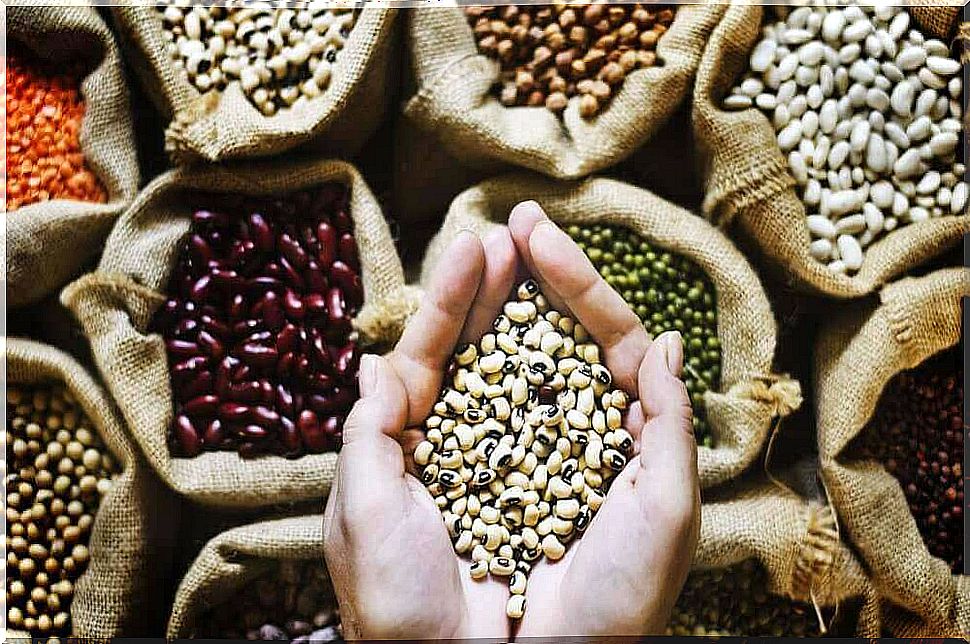
The consumption of legumes and their belief that they make us gain weight is based on several aspects.
- First of all, something we all know is that the most classic dishes cooked with legumes usually contain various very caloric foods.
- Lentils or chickpeas are usually accompanied with chorizo, blood sausage or other meat derivatives.
- It is common in many countries that legumes are an indispensable part of these hypercaloric homemade dishes (the classic “grandmother’s food”).
- Many people usually avoid them because they cause flatus and poor digestion.
Nutritionists, for their part, want to make it clear and defend the correct and adequate consumption of legumes.
We recommend you read: how your dishes should be to lose weight
Legumes are rich in unsaturated fats
Legumes are rich in protein and provide adults with part of the energy they need throughout the day.
- They contain hardly any fat: a cooked legume dish contains less fat than a tablespoon of olive oil.
- Furthermore, legumes contain unsaturated lipids, which are necessary to maintain proper heart health, according to a study published in the Lancet.
- From the Nutrition Area of the Spanish Society of Endocrinology and Nutrition (SEEN) they tell us that the main problem is in the type of food that we include in these recipes (almost always meat derivatives).
- If we get used to eating legumes in salads, for example, health and ours would appreciate it. Chickpeas or lentils go very well with many vegetables, and even clams.
They are options full of nutrients and proteins.
Legumes are necessary for obese people
We know that this data may surprise many. However, legumes are an indispensable part of diets for obese people.
- Legumes have a very low glycemic index. They are recommended for diabetics as they help keep blood sugar levels more stable.
- They are satisfying foods. Its fiber content has been shown to help control appetite.
- If we cook them with low-fat foods and consume them in moderate quantities, they will help us reduce hunger and lose weight.
- Another fact that should be taken into account is that thanks to the fiber contribution of legumes we can combat constipation and take care of intestinal health.
- In addition, legumes are high in vitamin B, calcium, iron and zinc. There is evidence that this last nutrient is essential to ensure immune function.
Minerals are essential to take care of the bone health of the most obese people, which, due to their weight, can be affected.
The best legumes
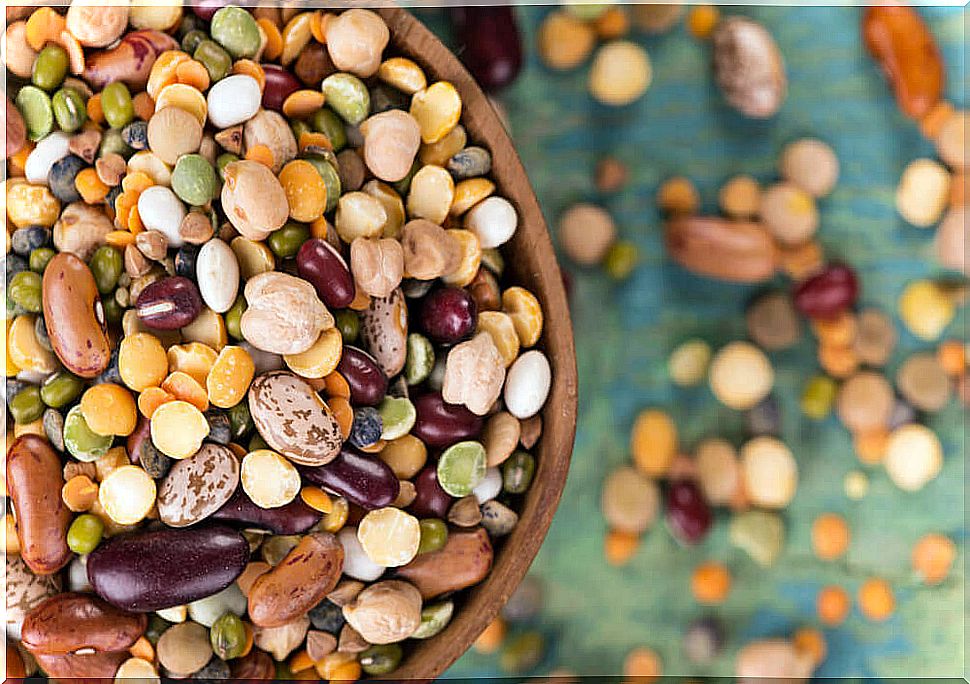
The lentils
Prepared in rich salads they are a fabulous option to lose weight. They are one of the most complete and delicious legumes:
- They provide proteins rich in essential amino acids.
- One way to consume lentils is by combining them with rice. These two foods are usually very common in vegetarian diets, because they provide the same protein as a serving of meat.
Broad beans
Fava beans are rich in vitamin B, C, folic acid, and carbohydrates. Likewise, they provide us with a good level of vegetable proteins of excellent biological quality, as well as fiber.
On the other hand, they hardly contain fat, so they are an excellent and healthy food when it comes to losing weight.
The green pea
You can eat peas in salads or even puree them. They will offer you a high content of iron and vitamin C. If you suffer from anemia, do not hesitate: combine green peas regularly in all your dishes.
The chickpeas
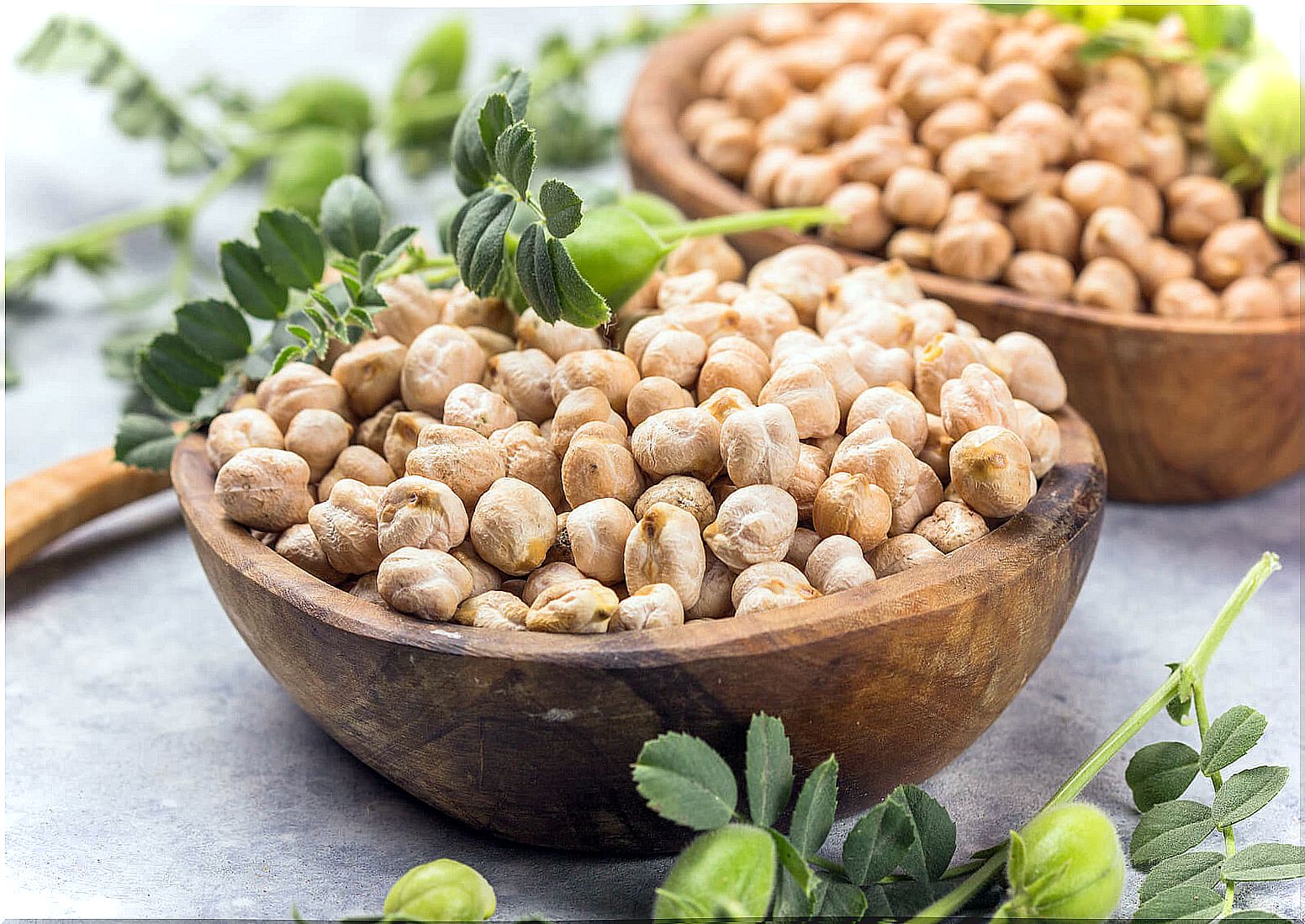
Chickpeas have as much calcium as cheese and are the legumes that provide us with the most protein. They are also characterized by containing unsaturated fatty acids linoleic and oleic, which help us reduce bad cholesterol (LDL).
Nor can we forget that chickpeas have a high level of carbohydrates, are slowly absorbed and, therefore, are ideal for people with diabetes.
Knowing this, how can you resist a good dish with chickpeas?
Organic farmed soybeans
Organic farmed soy is a food of high biological value. It is also rich in alpha-linolenic acid, as well as isoflavones and B vitamins. It is ideal for women’s health.
As you have seen, legumes are very high quality foods, capable of helping to improve health thanks to their nutritional contribution. Try to ensure that they are present in your diet with some regularity so that you can take advantage of all their contributions and stay healthy.
